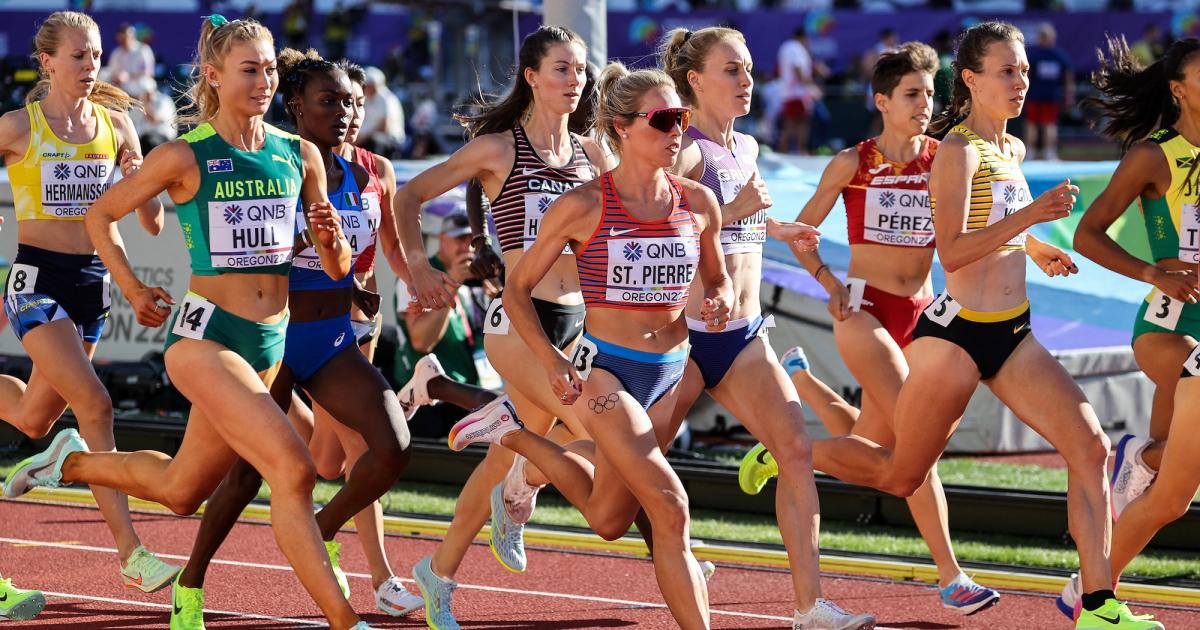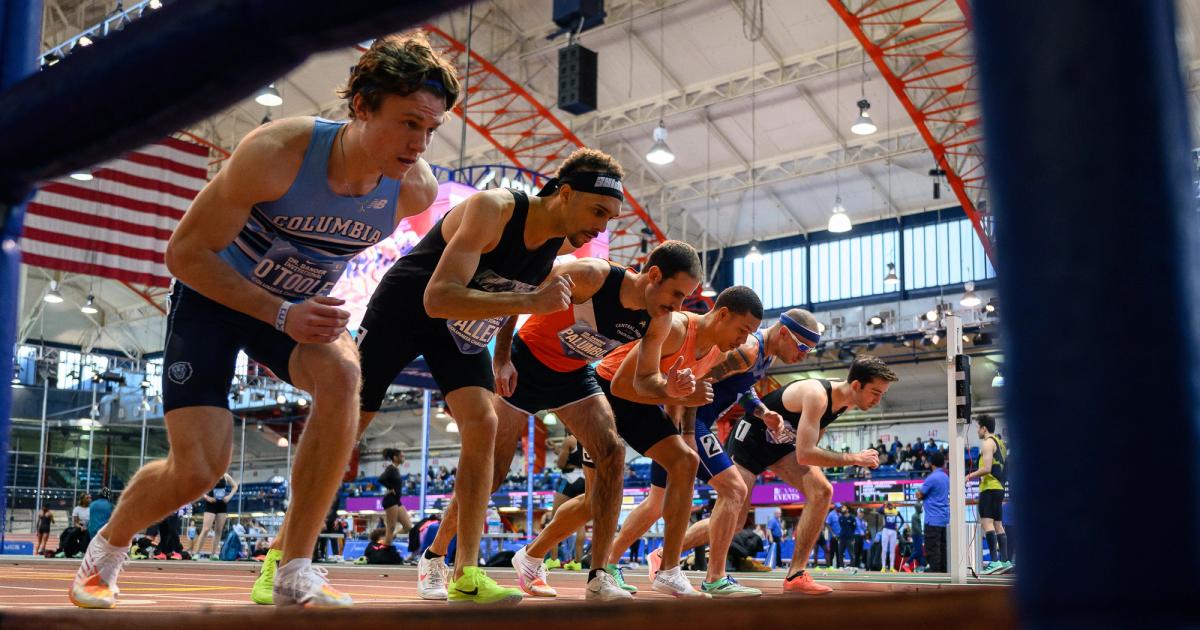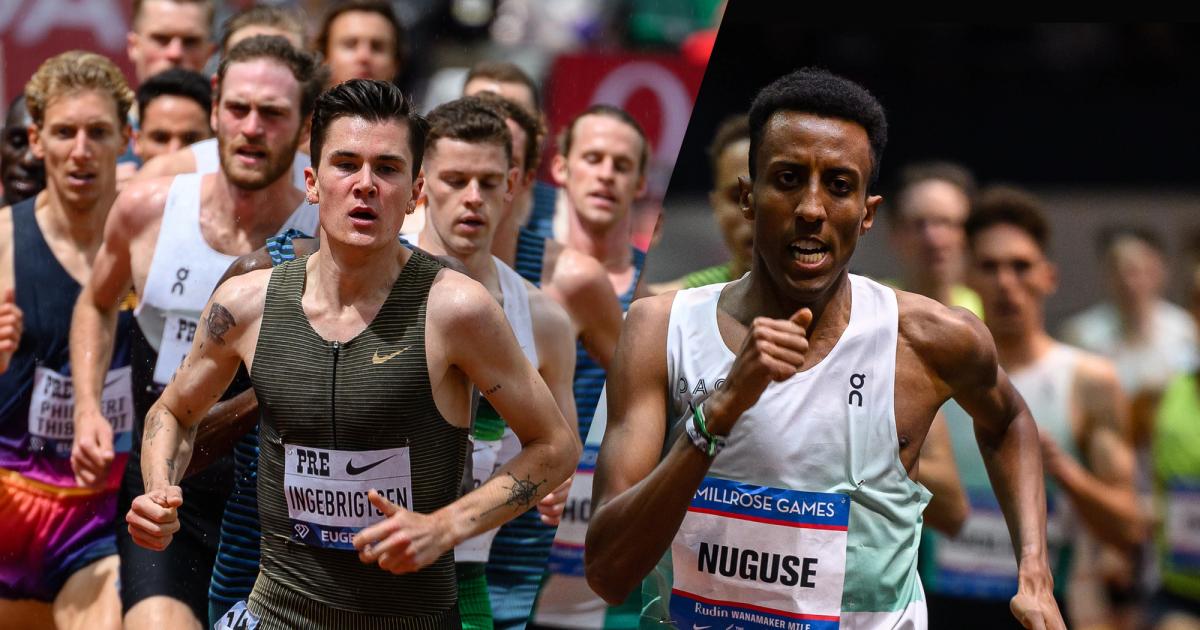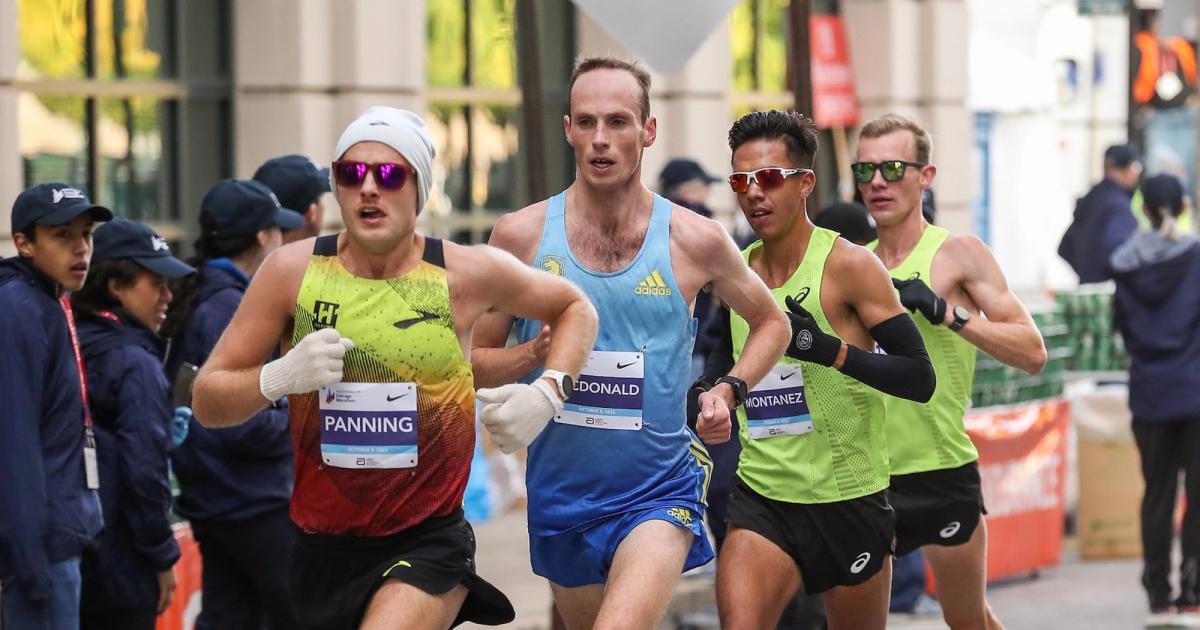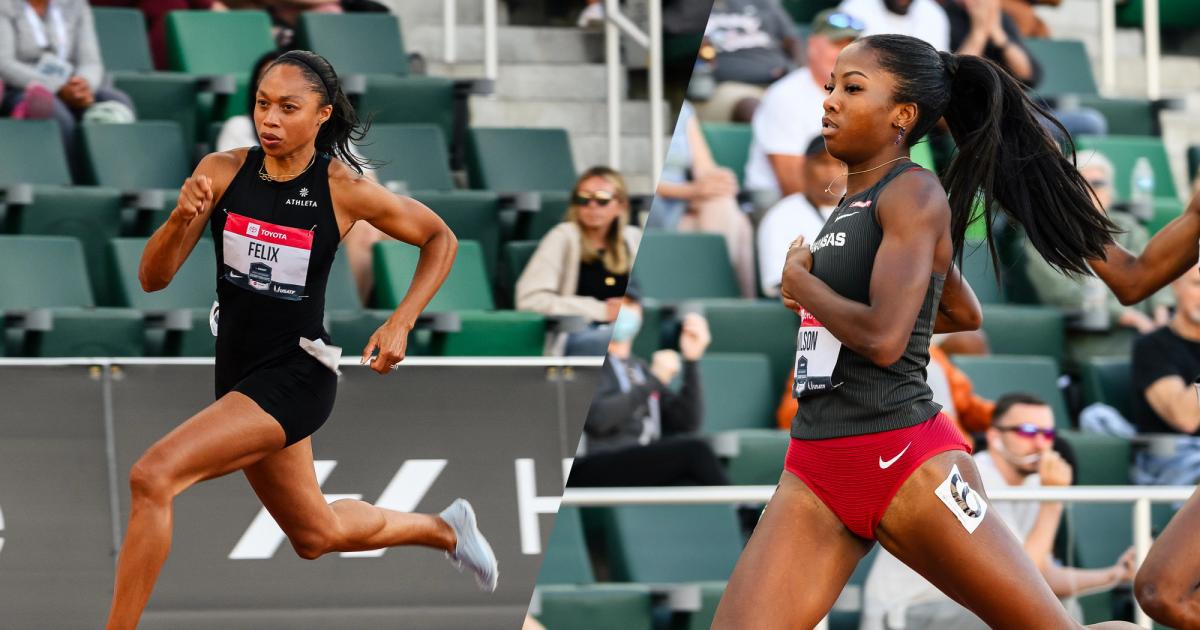By Kyle Merber
May 24, 2023
I will never forget when I started hating the “little q.” It was the 2014 USATF Championships. The 1500m was supposed to have two heats, with the top five from each getting an automatic bid into the final, plus two time qualifiers. Minutes before the race, while in the paddock area, the word was passed down to us that advancement was now going off of 4-4-4, as in top four from each heat, then four time qualifiers.
Mustering up my best effort after a spring dealing with a knee injury, I found myself running 3:45.26 and finishing in fifth place – less than two-tenths from an automatic spot. As I stood there watching the second heat run an honest first lap it was immediately obvious to me that my championship was done. The final had eight guys from that second heat, and just four from mine.
On Monday morning, the World Athletics Council announced that starting at this year’s World Championships in Budapest, the 1500m, steeplechase, and 5000m will no longer have time qualifiers – better known as “little qs.”
This news came nine years too late to have any real impact on my life, and it’s still not clear if national championships will follow a similar procedure, but this change is universally endorsed by people whose opinion I respect. (If you disagree with this decision then you have self-identified yourself as someone whose judgment on all things running-related no longer holds any weight!)
This is good for a variety of reasons, but the first one should be fairly obvious: this system encourages racing. Who cares about times in a championship? Records are not being broken in the prelims and with the high stakes of advancement on the line, even in a sit-and-kick race there is no shortage of drama. And it will still be advantageous for certain athletes to be the ones up front pushing the pace. Look at the times that won the finals at last year’s World Championships – races with no extra incentive to run fast:
- 1500m — 3:29.23 and 3:52.96
- Steeplechase — 8:25.13 and 8:53.02
- 5000m — 13:09.24 and 14:46.29
Okay, admittedly the men’s steeple and 5000m don’t really support my argument, but it was hot in Eugene! That 13:09 was run in 87-degree weather. At the Olympics, the times were 8:08 and 12:58.
Now perhaps the most important argument for this being a good thing is that it makes the qualification process significantly easier to understand. Many of the fans who watch global championships might not have insight into what a little q is. And if you are cheering on your countryman only to watch them finish in purgatory, then that is more anti-climatic than seeing a draw in soccer. Track and field has a knack for making the simplest sport unnecessarily complicated. This is one minor fix with positive implications.
And finally, there is no longer an advantage to being in the last heat and knowing exactly how fast one needs to run to qualify. You know who definitely won’t be complaining about this rule adjustment in Budapest? The lucky son of a gun who is the 16th qualifier in the 5000m.

Kyle Merber
After hanging up his spikes – but never his running shoes – Kyle pivoted to the media side of things, where he shares his enthusiasm, insights, and experiences with subscribers of The Lap Count newsletter, as well as viewers of CITIUS MAG live shows.
